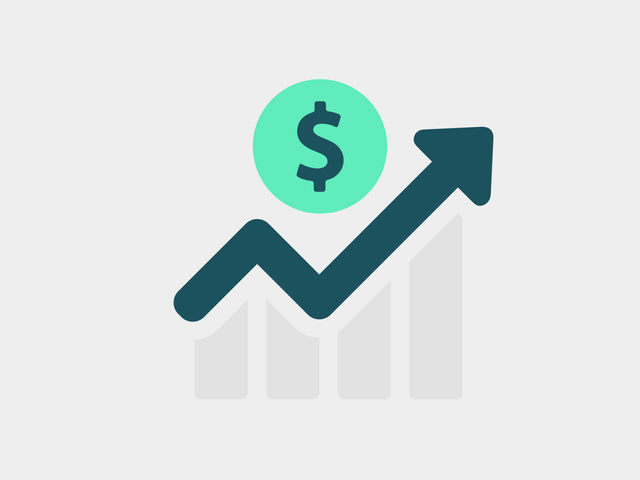Now that workers are demanding wage increases to compensate for the loss of purchasing power, companies may have to accept a smaller share of profits to keep inflation moving toward the Banco Central Europeo (BCE), 2% target by 2025, according to projections in the latest edition of the World Economic Outlook (WEO).

Eurozone inflation peaked at 10.6% in october 2022, when import costs spiked following the Russian invasion of Ukraine and businesses began passing this direct cost increase on to consumers. Since then inflation retreated to 6.1% in may, but core inflation a more reliable indicator of underlying price pressures has been more persistent.

This continues to put pressure on the BCE to amplify recent rate hikes despite the euro area entering recession early last year. Officials raised rates to a high of 3.5% in june, a level not recorded in 22 years.

The rise in inflation so far is mostly attributable to higher utilities and higher import prices, with 45% of price rises attributable to utilities from the beginning of 2022. This is what emerges from our new study, in which inflation, as measured by consumption, is broken down into labor costs, import costs, taxes and utilities. Import costs account for about 40% of inflation, while labor costs account for 25%. Taxes had a slightly deflationary effect.
Translated by: A.M
 English
English  Español
Español 
